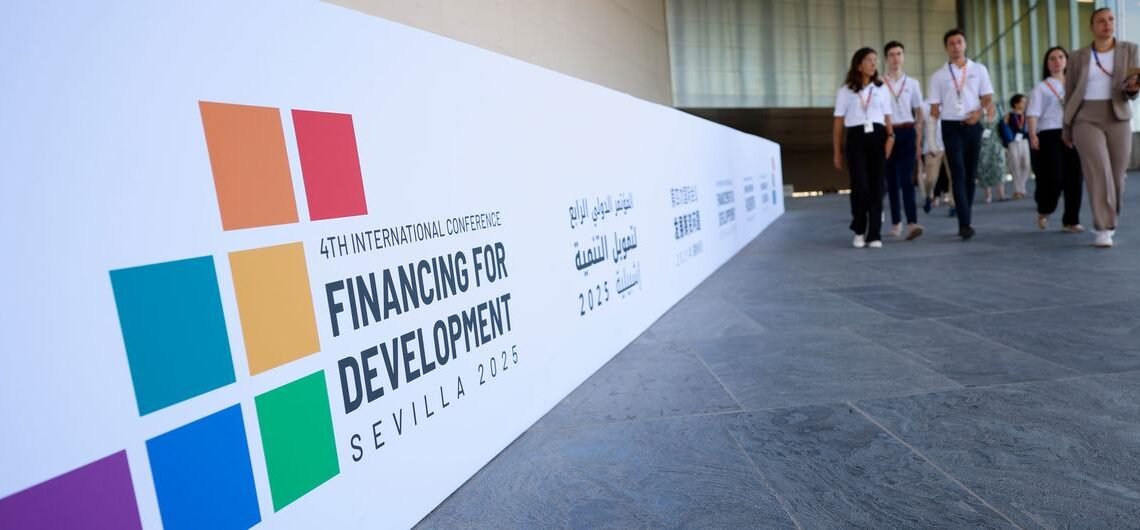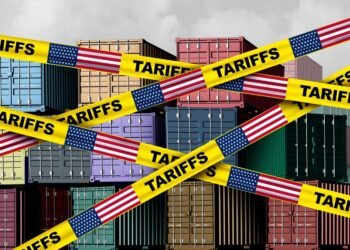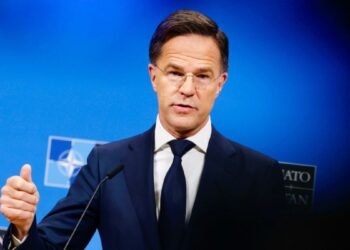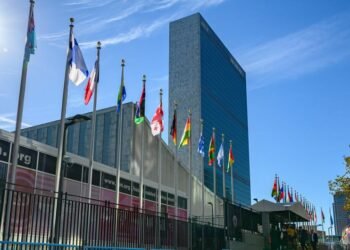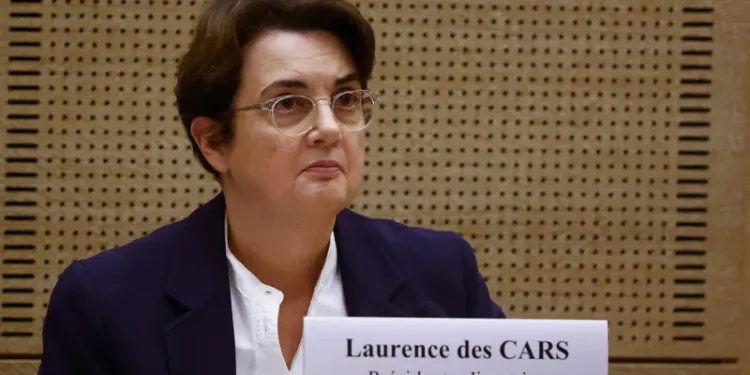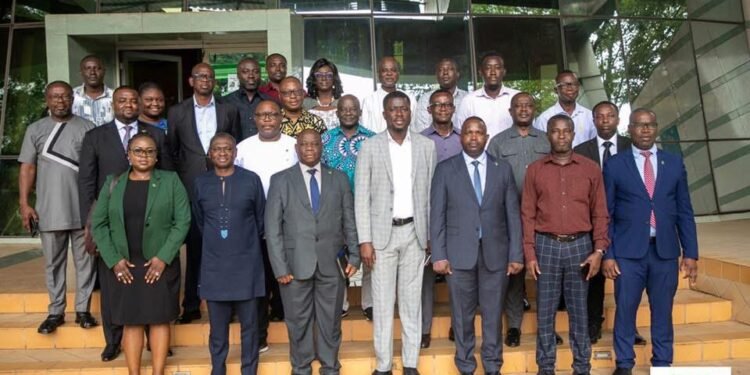The curtain has come down on the 4th International Conference on Financing for Development (FfD4) in Sevilla, with leaders and delegates leaving with what UN Deputy Secretary-General Amina Mohammed described as a “renewed sense of resolve and a focus on action that can change lives worldwide.”
The week-long summit became a defining moment for international cooperation amid rising global challenges. Speaking at the closing session, Ms. Mohammed highlighted the human toll of “rising debt burdens, escalating trade tensions and steep cuts to official development assistance,” warning that these issues had been “brought into sharp relief” over the past few days.
Despite the challenging economic landscape, she applauded the conference’s final outcome, which reaffirmed the Addis Ababa commitments made ten years ago and introduced fresh strategies to meet the Sustainable Development Goals (SDGs). She emphasized that multilateralism “still matters and still works,” adding that the new Sevilla Commitment offered hope for a more equitable financial system.

Spain’s Chief Finance Minister, Carlos Cuerpo, echoed this sentiment at the closing press conference. “Sevilla will be remembered not as a landing zone, but as a launchpad for action, to improve livelihoods across the world,” he said. He also praised the strong show of political will from all corners of the globe and reaffirmed Spain’s role in helping establish the new UN Sevilla Forum on Debt.
The newly announced forum is expected to help countries manage and coordinate debt restructuring efforts more effectively, addressing what has become a pressing crisis for many developing economies.
A Platform for Solutions Emerges
Li Junhua, UN Under-Secretary-General for Economic and Social Affairs and Secretary-General of the Conference, stressed that the UN had once again proven itself to be “more than just a space for dialogue; it is a powerful platform for solutions that transform lives.”
He emphasized that Sevilla represented “our collective will to confront the most urgent and complex financing challenges of our time.”
At the closing press briefing, Ms. Mohammed outlined the three central pillars of the Sevilla Commitment: a major investment push to close the SDG financing gap, immediate action to address unsustainable debt, and amplified representation for developing nations in global financial decision-making.
In parallel with the main agreement, more than 100 new initiatives were launched under what is now being called the Sevilla Platform for Action. These include a global hub for debt swaps, the creation of a “debt pause” alliance for distressed nations, and a proposed solidarity levy on luxury air travel — including private jets and first-class tickets — aimed at supporting climate and development objectives.
“This platform has sparked new partnerships, innovative solutions that will deliver real change in people’s lives,” Ms. Mohammed said. She was quick to clarify that while these initiatives are encouraging, “they’re not a substitute for broader funding commitments, but a sign that creative thinking is finally breaking through.”
While many observers praised the ambitious plans unveiled, civil society groups raised concerns about their limited access to the official decision-making process during the conference. Acknowledging this frustration, Ms. Mohammed offered reassurance: “We hear you. This trust needs to be earned.”
In her final remarks, she noted that despite the heat and the pressure, Sevilla had produced not only ideas but action. “The world must now hold on to the momentum sparked here and build towards an inclusive, fair, and sustainable financial future,” she concluded.
READ ALSO: Araghchi Voices Iran’s Commitment To NPT



